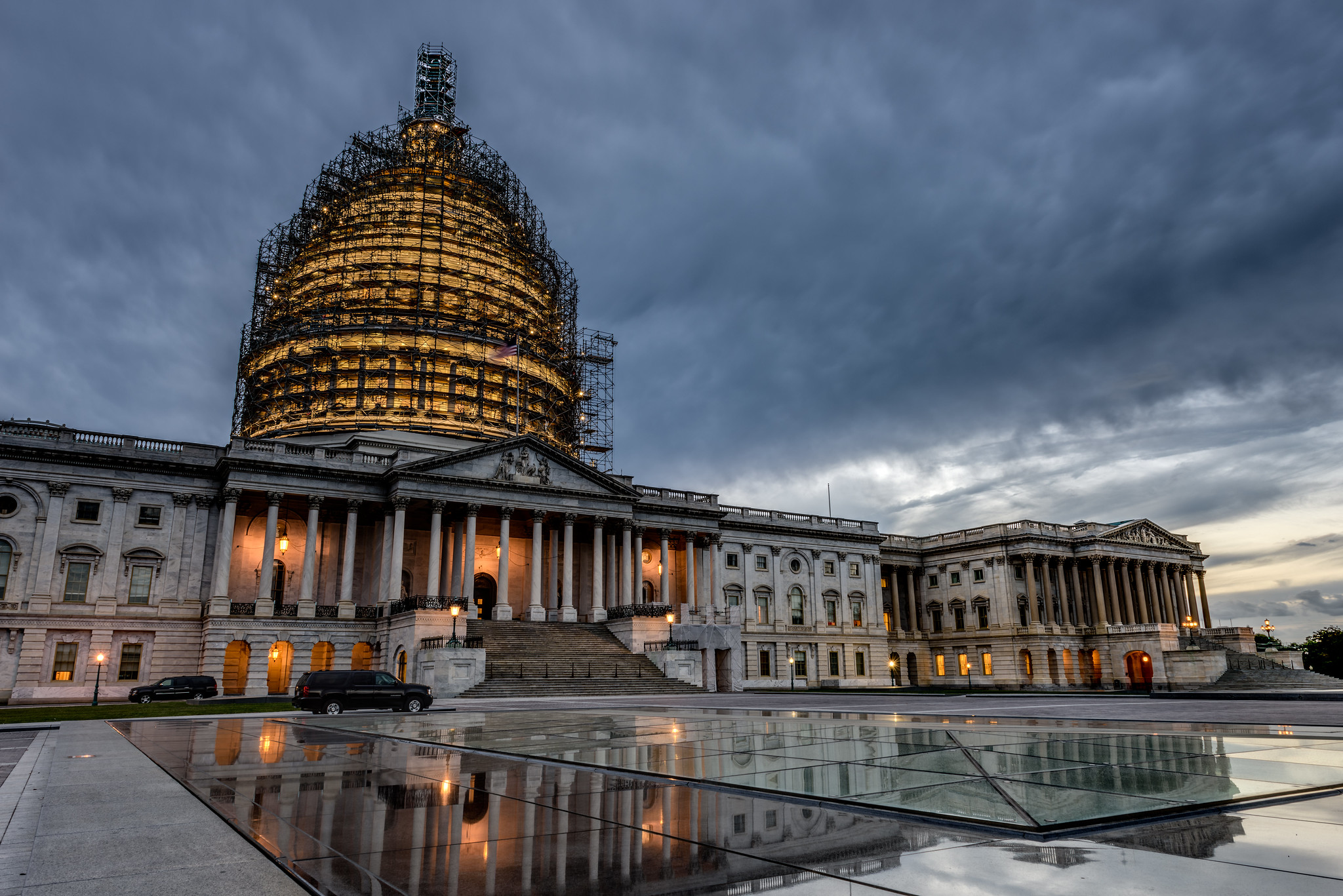The Importance of Giving Reasons (Even in Secret)
The director of national intelligence has decided to curtail in-person briefings to Congress about election security. Congress should push back.

Published by The Lawfare Institute
in Cooperation With

News broke on Aug. 29 that the director of national intelligence has decided to curtail in-person briefings to Congress about election security. Instead, reporting indicates that intelligence officials will only provide updates to Congress in writing. The decision is troubling, but various members of Congress have reassuringly begun to push back. After all, requiring executive branch officials to give reasons for their analyses and decisions is a critical way to check the executive branch. As I’ve written about elsewhere, requiring the executive branch to furnish reasons for its decisions is particularly important in the national security space, where there are few other oversight tools. Indeed, the executive branch should welcome secret reason-giving opportunities, because reason-giving can both enhance accuracy and foster executive branch legitimacy.
As a general matter, reason-giving plays an important role in our democracy.
The United States has created a system that requires executive agencies to give reasons when they set regulations so that the public has an opportunity to evaluate and potentially challenge those regulations. Likewise, the courts give public reasons when they issue opinions, which allows not only the litigants but also higher courts and the public at large to evaluate their decisions and rationales.
Why does the American system of government function like this? Because it’s widely understood that requiring actors to give reasons can improve the quality of their decisions, deter them from abusing their authority and enhance their adherence to legal standards. When decision-makers anticipate that they will need to provide reasons, it can enhance their deliberative rigor. And reason-giving itself can bolster decision-makers’ legitimacy: It can reflect that they took a range of relevant factors into account and can help build trust between decision-makers and their audiences. Conversely, a failure to give reasons can undercut the executive’s legitimacy. For example, as some commentators have noted, President Trump undermined the legitimacy of a major policy change when he issued the revised travel ban without offering “even a single sworn declaration explaining the motivation or national security reasons underpinning the policy.”
Of course, not all of the executive’s analyses, decisions and actions can be made public, because much of U.S. defense and intelligence activity is classified. In those cases, the American public might therefore think that the executive doesn’t have to give reasons at all for its actions. It turns out, though, that the secrecy of these actions makes it all the more important that the executive engage in reason-giving, even if it does so in secret. And there are a range of settings in which Congress has mandated by statute that the executive provide congressional committees with classified justifications for doing certain things—such as limiting notice to Congress of a covert action, or changing the legal and policy frameworks under which the United States is using military force abroad.
Indeed, in a range of areas the executive branch has imposed secret reason-giving requirements on itself. In a well-functioning executive branch, there is a complex matrix of reason-giving on classified matters. Career civil servants give reasons to their political leaders, leaders give justifications to lower-level officials who will implement their decisions and lawyers in one agency give reasons to their counterparts in other agencies. To offer just one example, the Obama administration’s state-secrets policy required the agency seeking to invoke the privilege to submit to the Justice Department “the reason why unauthorized disclosure is reasonably likely to cause” genuine and significant harm to U.S. national security.
Over the past four years, the Trump administration has undermined the traditional functioning of the executive branch in the many, many ways detailed on Lawfare and elsewhere.
The Aug. 29 news? Just another drop in that bucket. Director of National Intelligence John Ratcliffe has decided to restrict Congress’s ability to foster an iterative dialogue with the intelligence community by foreclosing Congress’s chance to compel explanations beyond the basic information that the director provides them in writing.
It is probably tilting at windmills to suggest that the administration should embrace the opportunity to undertake in-person briefings with congressional committees and to welcome the classified reason-giving opportunities that those briefings present. But future administrations should keep in mind that legitimacy can be hard to come by in the national security space. Secret reason-giving can bolster legitimacy and improve the quality of analysis and decision-making on critical national security issues. And Congress should continue to push hard against this new administration policy—which will restrict executive reason-giving, even if it doesn’t eliminate it entirely. More congressional backlash would signal to the administration and to the public just how important secret reason-giving is.



.jpg?sfvrsn=8588c21_5)
-final.png?sfvrsn=b70826ae_3)
